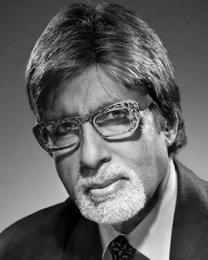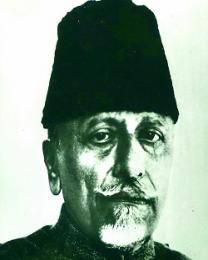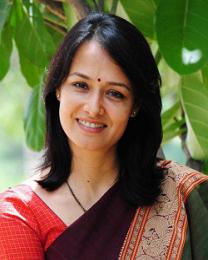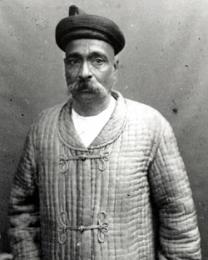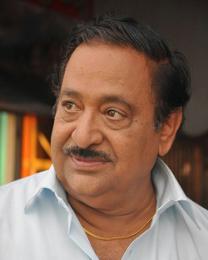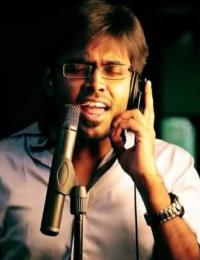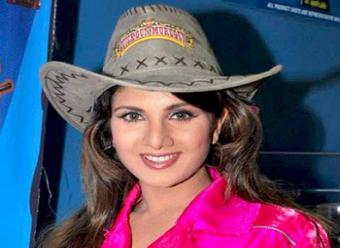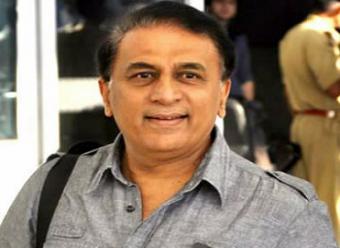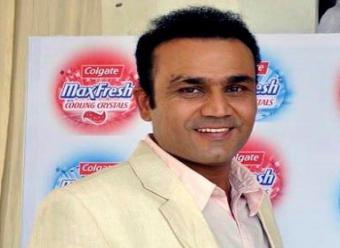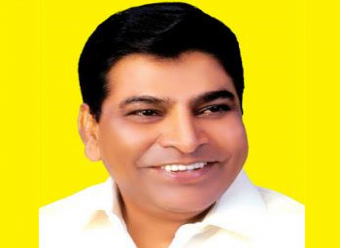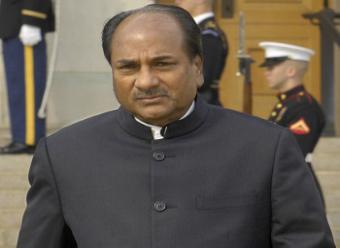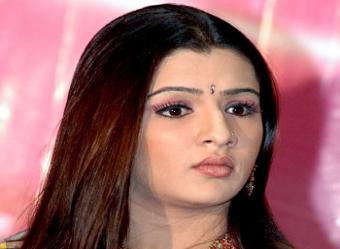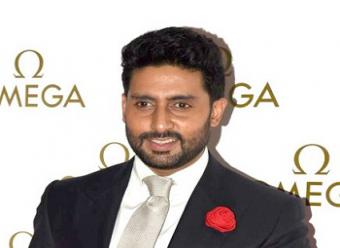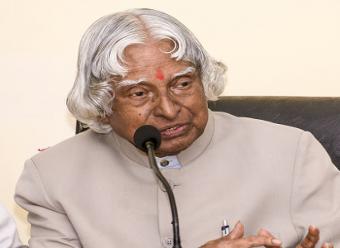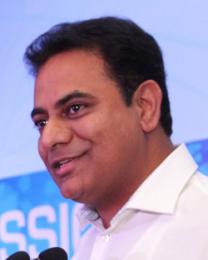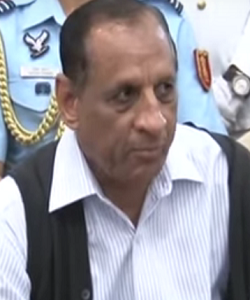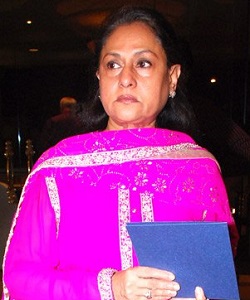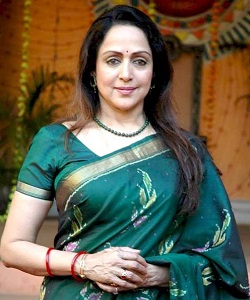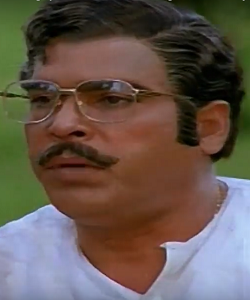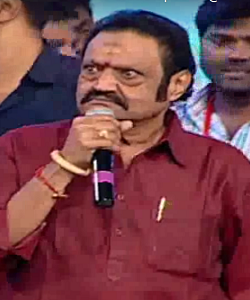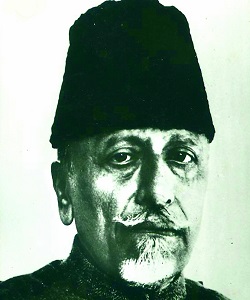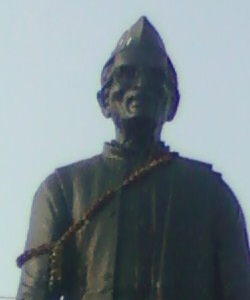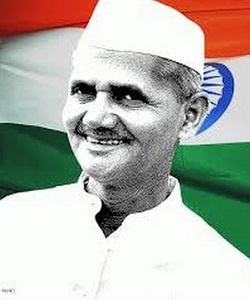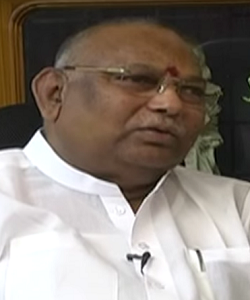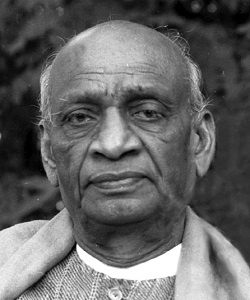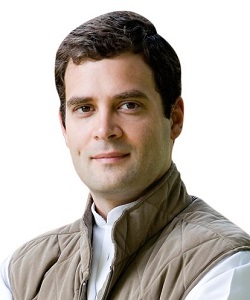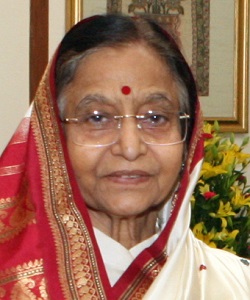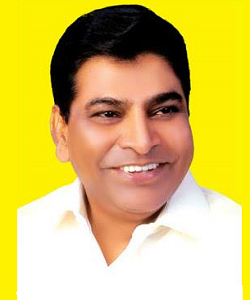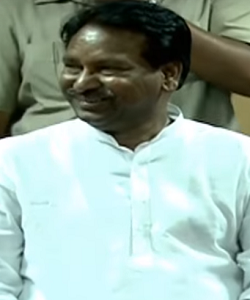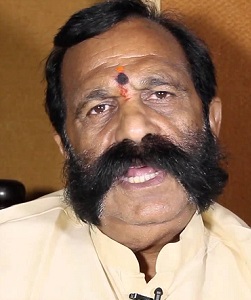Birth Name : Manmohan Singh
Date of birth : 26/09/1932
Place of birth : Gah, Punjab, British India
Category : Politicians
Awards
2010 World Statesman Award from Appeal of Conscience Foundation in 2010
Top 100 Influential People in the World from Time in 2005
Outstanding Parliamentarian Award from Indian Parliamentary Group in 2002
Annasaheb Chirmule Award from Annasaheb Chirmule Trust in 2000
H.H. Kanchi Sri Paramacharya Award for Excellence from Shri R. Venkataraman, The Centenarian Trust in 1999
Fellow of the National Academy of Agricultural Sciences, New Delhi from National Academy of Agricultural Sciences in 1999
Lokmanya Tilak Award from Tilak Smarak Trust, Pune in 1997
Justice K.S. Hegde Foundation Award from Justice K.S. Hegde Foundation in 1997
Nikkei Asia prize for Regional Growth from Nihon Keizai Shimbun Inc. in 1997
Honorary Professorship from Delhi School of Economics, University of Delhi, Delhi in 1996
Jawaharlal Nehru Birth Centenary Award (1994–95) from Indian Science Congress Association in 1995
Finance Minister of the Year from Asiamoney in 1994
Jawaharlal Nehru Birth Centenary Award (1994–95) from Indian Science Congress Association in 1994
Elected Distinguished Fellow of the London School of Economics from London School of Economics, Centre for Asia Economy, Politics and Society in 1994
Elected Honorary Fellow, Nuffield College from Nuffield College, University of Oxford, Oxford, U.K. in 1994
Elected Distinguished Fellow of the London School of Economics from London School of Economics, Centre for Asia Economy, Politics and Society in 1994
Elected Honorary Fellow of the All India Management Association from All India Management Association in 1994
Finance Minister of the Year from Euromoney in 1993
Finance Minister of the Year from Asiamoney in 1993
Padma Vibhushan from President of India 1987
Elected National Fellow, National Institute of Education from National Institute of Education in 1986
Elected President of the Indian Economic Association from Indian Economic Association in 1985
Elected Honorary Fellow, St. John's College from St John's College, Cambridge in 1982
Elected Honorary Fellow, Indian Institute of Bankers from Indian Institute of Bankers in 1982
Honorary Professorship from Jawaharlal Nehru University, New Delhi in 1976
Elected Wrenbury Scholar from University of Cambridge, U.K. in 1957
Adam Smith Prize from University of Cambridge, U.K. in 1956
Wright Prize for Distinguished Performance from St. John’s College, Cambridge, U.K. in 1955
Uttar Chand Kapur Medal, for standing first in M.A. (Economics) from Panjab University, Chandigarh in 1954
University Medal for standing first in B.A. (Honors Economics) from Panjab University, Chandigarh in 1952
Position Held
1972 to 1974 Deputy for India in IMF Committee of Twenty on International Monetary Reform
1972 to 1976 Chief Economic Advisor, Ministry of Finance, India
1982 to 1985 Governor, Reserve Bank of India
1985 President, Indian Economic Association
1985 to 1987 Deputy Chairman of the Planning Commission
1991 to 1996 Union Finance Minister in the Narasimha Rao government
1991 Elected to the Rajya Sabha
1995 Re-elected to the Rajya Sabha
Leader of Opposition, Rajya Sabha
Academic Posts
1957-59 Senior Lecturer in Economics, Punjab University, Chandigarh
1959-63 Reader in Economics, Punjab University, Chandigarh
1963-65 Professor in Economics, Punjab University, Chandigarh
1969-71 Professor of International Trade, Delhi School of Economics, University of Delhi
1976 Honorary Professor at Jawaharlal Nehru University, New Delhi
1982 Honorary Fellow, St John's College, Cambridge UK
1982 Honorary Fellow, Indian Institute of Bankers
1986 National Fellow, National Institute of Education, NCERT
1993 Honorary Fellow, All India Management Association
1994 Honorary Fellow, Nuffield College, University of Oxford, Oxford
1996 Honorary Professor at Delhi School of Economics, University of Delhi
Early Life
Between 1966–1969 He worked as the advisor of Ministry of Foreign Trade. In 1969, Singh became a Professor of International Trade at the Delhi School of Economics. In 1972, Singh was Chief Economic Adviser in the Ministry of Finance and in 1976 he was Secretary in the Finance Ministry. In 1980-1982 he was at the Planning Commission, and in 1982, he was appointed Governor of the Reserve Bank of India under then Finance Minister. He went on to become the deputy chairman of the Planning Commission of India from 1985 to 1987. Following his tenure at the Planning Commission, he was Secretary General of the South Commission, an independent economic policy think tank headquartered in Geneva, Switzerland from 1987 to November 1990.
In June 1991, India's Prime Minister at the time, P.V. Narasimha Rao, chose Singh to be his Finance Minister. Singh told Mark Tully the British journalist in 2005 On the day was formulating his cabinet. Singh was first elected to the upper house of Parliament, the Rajya Sabha, in 1991 by the legislature of the state of Assam, and was re-elected in 1995, 2001, 2007 and 2013. From 1998 to 2004, while the 'Bharatiya Janata Party' was in power, Singh was the Leader of the Opposition in the Rajya Sabha. In 1999, he contested for the Lok Sabha from South Delhi but was unable to win the seat.
As prime minister
In 2004 general elections, the Indian National Congress ended the incumbent National Democratic Alliance (NDA) tenure by becoming the political party with the single largest number of seats in the Lok Sabha. It formed United Progressive Alliance (UPA) with allies and staked claim to form government. In a surprise move, Chairperson 'Sonia Gandhi' declared 'Manmohan Singh', a technocrat, as the UPA candidate for the Prime Ministership. In 2005, Prime Minister Singh and his government's health ministry started the National Rural Health Mission, which has mobilised half a million community health workers. This rural health initiative was praised by the American economist Jeffrey Sachs. Singh's administration initiated a massive reconstruction effort in Kashmir to stabilise the region but after some period of success, insurgent infiltration and terrorism in Kashmir has increased since 2009. However, the Singh administration has been successful in reducing terrorism in Northeast India.
On 22 May 2009, Manmohan Singh was sworn in as the Prime Minister during a ceremony held at Rashtrapati Bhavan. The 2009 Indian general election was the largest democratic election in the world held to date, with an eligible electorate of 714 million. The 2012 report filed by the CAG in Parliament of India states that due to allocation of coal blocks to certain private companies without bidding process the nation suffered estimated loss of Rs 1.85 lakh crore between 2005 to 2009 in which Manmohan Singh was the coal minister of India.



